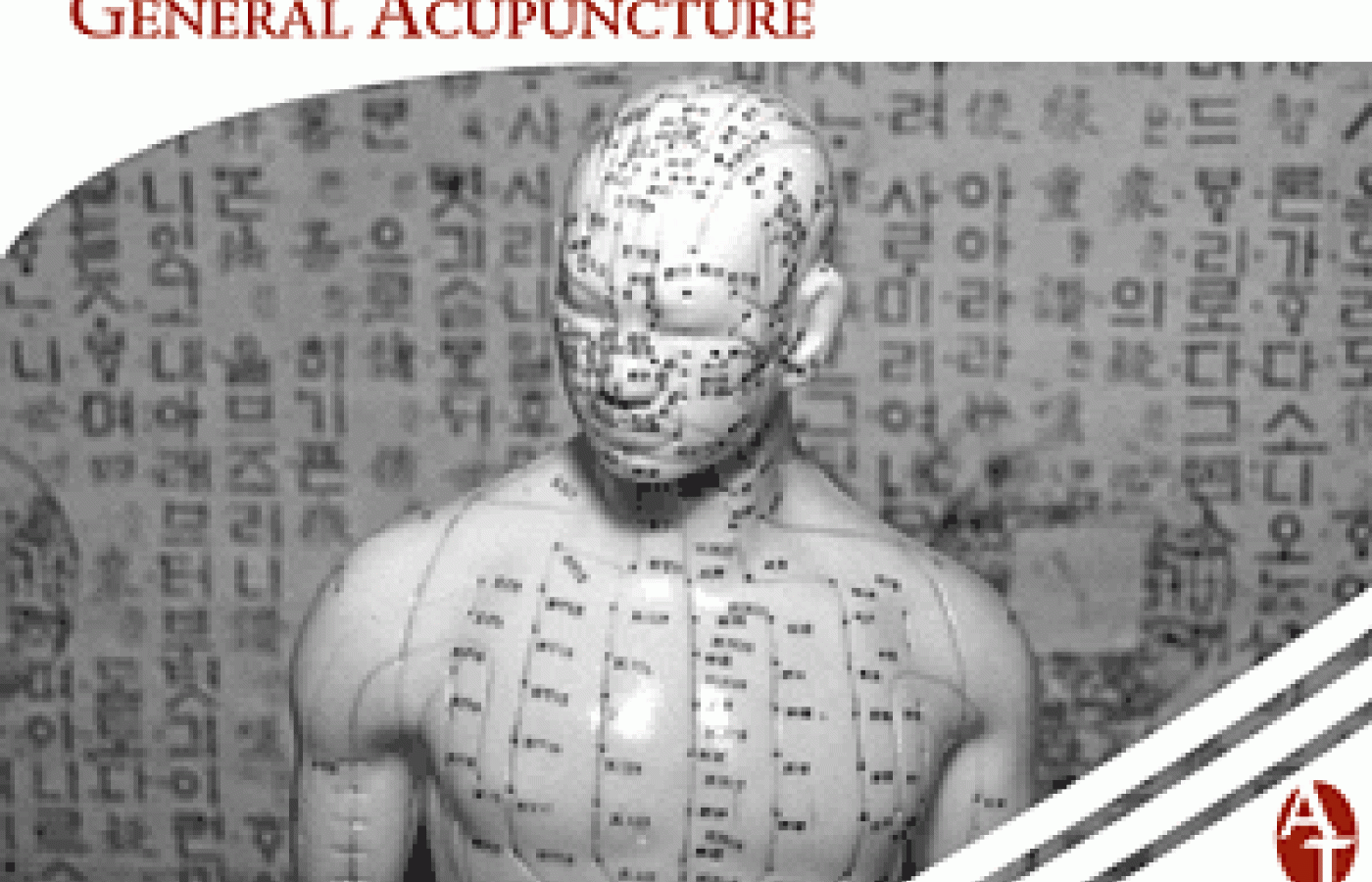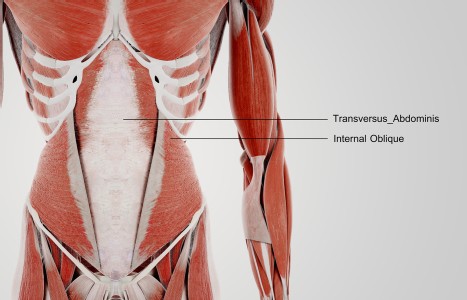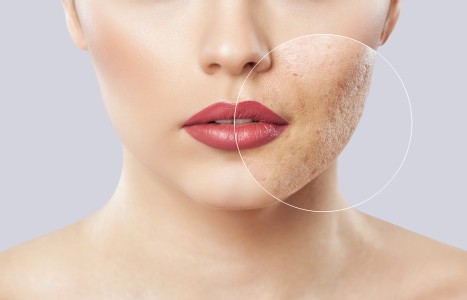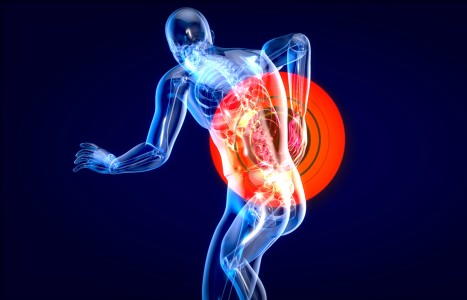TrA-2, my primary needle location, I needle 95% of the time and I think it works the best. You’ll know you have the right point location when you discover the muscle twitching when applying electric stimulation.
Acupuncture As Hormone Regulation Therapy
A small study released in March found that acupuncture reduces hot flashes and mood swings in postmenopausal women. This confirms what other recent health headlines indicate - acupuncture is clearly a better option than HRT (hormone replacement therapy) for treating menopause symptoms.
Earlier this year, big news also came out of the U.K., where a large study of over one million postmenopausal women took place. The findings show that women who took HRT in the early stages of menopause were at higher risk of developing breast cancer than those who took it five or more years after menopause began. This is a big deal because popular belief was that younger women who began HRT earlier into menopause had little risk of developing side effects. In other words, the women who were thought to be at the lowest risk were found to be at the highest.
These findings fuel an already blazing fire over the potential dangers of HRT, which include increased risk of not only breast cancer but also heart problems, stroke and blood clots. These risks were highly publicized in 2002, when another large-scale HRT study, the Women's Health Initiative, was halted three years ahead of schedule. Researchers pulled the plug when they realized that women were experiencing severe side effects at high rates.
Although detractors are quibbling about the method used in the latest research from Britain—it was an observational study rather than a randomized trial—the findings support the notion that artificially upping women's hormone levels is probably not very safe. They also highlight an inherent problem with introducing foreign substances to treat menopause symptoms.
The body's hormonal balance, and therefore overall homeostasis, is thrown into disarray during menopause. It's uncomfortable and an enormous burden for a lot of women. But it's also a normal part of life. Regulating the body's existing components rather than replacing something that's not meant to be there anymore is safer and more consistent with the natural aging process.
Regulation is the bread and butter of acupuncture.
Menopause symptoms usually get acupuncturists thinking about the kidneys. In TCM-style acupuncture, the most common approach is to address Kidney Yin Deficiency. Many of the common symptoms associated with menopause—hot flashes, night sweats, emotional instability, insomnia, poor memory, headache, lack of concentration, and dryness—fall into this pattern.
Kidney Essence, which is related to brain marrow, belongs to Kidney Yin, thus poor memory and mental confusion occur when Kidney Yin is deficient. Similarly, aching bones and low back soreness are a result of Kidney Essence/Yin failing to nourish the bones. This is part of why acupuncturists treat the kidneys in cases of osteoporosis, which becomes increasingly common as women near menopause. Kidney Yin nourishes the body fluids that keep the bones lubricated and strong.
In addition to affecting bone health, when body fluids are depleted, there is general dryness throughout the body. This can lead to constipation, dry mouth, scanty dark urine and vaginal dryness. Any Yin Deficiency also is associated with what's called Empty or False Heat, which gives rise to hot flashes, night sweats, and face flushing.
Acupuncture points that nourish Kidney Yin are a safe bet for most women with menopause symptoms, but sometimes further investigation is required. Kidney Yin often appears in conjunction with another pattern. Kidney Yin is considered the foundation for both the Liver and Heart, so a deficiency in this area can lead to Liver and/or Heart patterns as well. Most commonly, additional TCM patterns associated with menopause include Liver Yin or Blood Deficiency, Liver Yang Rising, Kidney and Heart Not Communicating, or Heart Yin Deficiency.
Kiiko Matsumoto, a renowned Japanese acupuncturist, offers a slightly different take on menopause. She describes it as Zong Qi Leaking, a syndrome that involves the relationship between the Lungs and Kidneys, and what are known as the upper and lower heaters. Zong Qi plays a vital role in ensuring that various parts of the body remain at their desired temperatures. Zong Qi Leaking means that the body's temperature-regulating function is off, causing there to be too much heat in the upper part of the body (upper heater) and not enough in the lower part (lower heater). Excess heat in the upper heater causes hot flashes, night sweats, insomnia, anxiety, and emotional instability. Lack of warmth in the lower heater can cause depression and low back pain.
Different styles of acupuncture approach menopause in various ways, but all are similar in that they regulate the structural and functional components that get disorganized as women's hormone levels change. If the "R" stood for "regulation," the name HRT still works to describe effective treatment for menopause symptoms. But why tarnish a good thing with a bad name? Let's just call it acupuncture.



